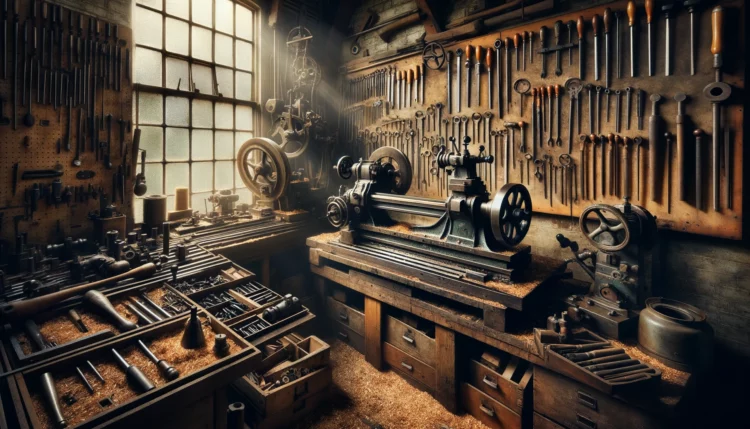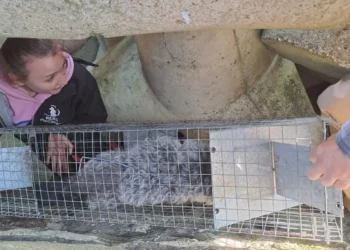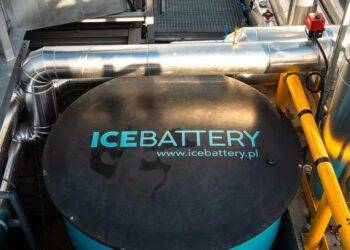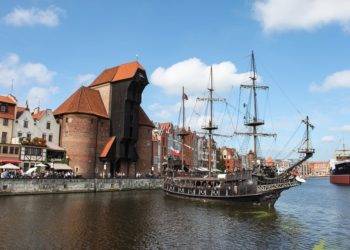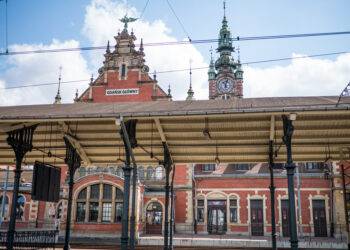In a quiet corner of Poznań, 98-year-old Wacław Milewski continues to work with a vitality that belies his years. His workshop, a testament to nearly eight decades of dedication, is more than just a place of business—it’s a historical testament to the resilience and ingenuity of a man who began his career in the aftermath of World War II.
Wacław’s journey began on May 9, 1945, as Europe emerged from the shadows of war. With nothing but his skills and a relentless work ethic, he established his workshop in Świebodzin before moving it to Poznań in 1970. Today, the workshop, known as WAMA, specializes in manufacturing custom machine parts and dies, contributing to industries as varied as automotive and metalworking.
His workshop, specializes in the production of unusual dies and punches for metals, as well as parts for machines, collaborating with automotive giants such as Fiat, Volvo, BMW, Man, and Solaris.
Despite his advanced age, Wacław remains at the helm of WAMA, bringing a lifetime of knowledge to his craft. The machines he himself designed are still in use, crafting parts for brands like Fiat and Volvo. His commitment is a bridge to an era when craftsmanship was the cornerstone of industry.
Wacław’s workshop is filled with tools and machines of his own making, each piece telling a story of challenges overcome and innovations achieved. The idea of transforming the workshop into a museum has been floated, recognizing the historical and educational value it holds.
Apart from his professional achievements, Wacław boasts a decorated past in motorcycle racing, having won several national championships post-war. He also served as a city councilor in Poznań, bringing the same dedication to civic duty as he did to his craft.
As he approaches his centenary, Wacław has no plans to retire. His life’s work stands as a proud reminder of the power of passion and perseverance. WAMA is not only a workshop but a legacy of a lifetime that continues to inspire both old and young alike.
In a world that constantly looks forward, Wacław Milewski’s story is a powerful homage to looking back—understanding that sometimes, the key to future innovations lies in the wisdom of the past.

